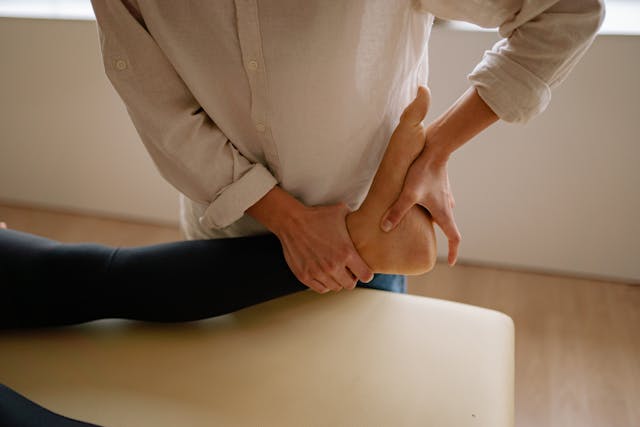Recovering from addiction requires a multi-faceted approach that addresses both the physical and psychological aspects of the individual. While traditional methods such as counseling, therapy, and medication play vital roles, exercise has emerged as a powerful tool that can complement addiction treatment. Regular physical activity not only improves physical health but also enhances mental well-being, making it a valuable component of a comprehensive addiction treatment plan. The benefits of incorporating exercise into addiction treatment go beyond the physical, offering a holistic way to support long-term recovery.
The Physical Benefits of Exercise in Addiction Treatment
Addiction often takes a toll on the body, leading to physical deterioration and reduced overall health. Whether it’s damage to the cardiovascular system, weakened muscles, or compromised immune function, regular exercise can help reverse many of these negative effects. Engaging in physical activity improves cardiovascular health, strengthens muscles, and boosts energy levels, all of which contribute to physical recovery during addiction treatment.
Additionally, exercise helps to release endorphins, the body’s natural feel-good chemicals. These endorphins play a crucial role in addiction treatment as they provide a natural way to elevate mood and reduce the cravings associated with substance abuse. By integrating exercise into an addiction treatment plan, individuals can begin to rebuild their physical health and resilience. Many Malibu luxury drug rehab centers recognize the importance of exercise and offer state-of-the-art fitness facilities and personalized workout programs as part of their holistic approach to recovery, allowing clients to experience these benefits in a serene and supportive environment.
How Exercise Supports Mental Health in Addiction Treatment
Mental health and addiction are closely linked, and exercise can help address some of the psychological challenges that arise during recovery. Physical activity has been shown to reduce symptoms of anxiety, depression, and stress—common issues faced by individuals in addiction treatment. Exercise increases the production of neurotransmitters such as serotonin and dopamine, which are responsible for regulating mood and promoting feelings of well-being.
For individuals in addiction treatment, exercise can serve as a healthy outlet for managing stress and emotional triggers. It offers a productive way to cope with negative emotions, providing an alternative to substance use. By improving mental health, exercise supports long-term recovery and helps reduce the risk of relapse.
Exercise as a Tool for Managing Cravings in Addiction Treatment
One of the most challenging aspects of addiction recovery is dealing with cravings. These intense urges to use substances can be difficult to manage, especially in the early stages of addiction treatment. Exercise provides a powerful distraction and a natural way to reduce the intensity of cravings. Physical activity stimulates the brain’s reward system, offering individuals a healthy way to experience pleasure without the use of substances.
Incorporating regular exercise into an addiction treatment plan not only helps manage cravings in the moment but also builds long-term resilience. By developing a routine of physical activity, individuals create a structured and healthy lifestyle that supports their recovery journey.
The Role of Exercise in Relapse Prevention During Addiction Treatment
Relapse is a common challenge in addiction recovery, but exercise can be an effective tool for relapse prevention. Regular physical activity helps individuals develop self-discipline, improve self-esteem, and establish a sense of routine—all of which are critical in maintaining sobriety. Exercise also provides a positive outlet for individuals to channel their energy, reducing the likelihood of engaging in risky behaviors that could lead to relapse.
In addiction treatment, exercise helps individuals stay focused on their goals and maintain a sense of purpose. The benefits of exercise extend beyond physical fitness; it fosters mental clarity and emotional balance, both of which are essential for sustaining long-term recovery.



